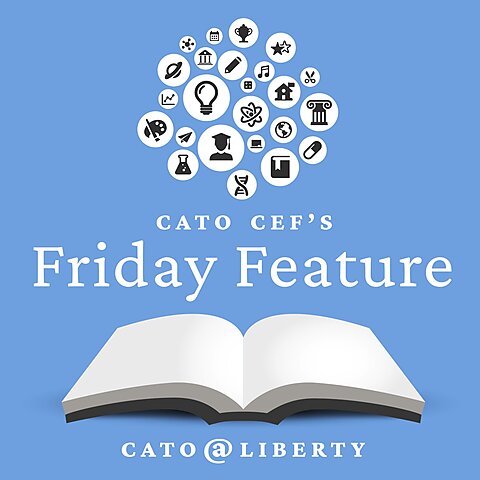
Colleen Hroncich
Project-based learning sounds great … until you realize you have to find or create the projects for your learners. That’s where Rock by Rock comes in. Jeff Imrich and Sung-Ae Yang, experienced teachers and school leaders, created Rock by Rock to increase access to project-based learning. “For a lot of kids, what we do traditionally for learning isn’t working for them,” says Jeff. “We know that one of the best ways to prepare kids for the future and develop all these critical thinking and other skills is through project-based learning.”
Jeff and Sung-Ae had collectively helped design and open seven different school models, and families kept asking how they could support their children’s education at home. They began thinking of ways to make high-impact project-based learning more equitably accessible, across the income spectrum and regardless of schooling model. “We started prototyping with homeschool families, and then the pandemic hit. Then we were working with some homeschool families, some microschools called pods, and some more traditional educators,” says Jeff.
Initially, Rock by Rock sent projects-in-a-box that included a mission—like save the elephants or help address traumatic brain injury—along with the supplies needed to complete the project as part of a four-to-six-hour experience. They got very positive feedback with parents reporting their kids were really engaged in the projects and they were having interesting conversations around the dinner table.
They also received a lot of tips on how to improve, such as: “Our kids love it, but I don’t need the scissors, the markers, and the glue—I have that in my magic homeschool cabinet.” “We don’t want just a four-to-six-hour experience; we want a deeper project-based experience.” “When you send us a project, it’s great. But we have to do the project you sent us. Can you make it a library so we can choose with our kids what we want to do and when we want to do it?”
Jeff and Sung-Ae took that input and created an online library of on-demand projects, with some geared toward grades K‑2 and others to grades 3–5. Parents and teachers have the flexibility to mix up ages in the way that works best in their situation. “We have some families where a fifth grader will work with their second-grade sibling or a microschool will do one project for K‑5 and they’ll sort of dial up or down depending on the kids,” says Jeff.
“All of the projects are real-world topics. Sleep inventions look at the Earth, science, seasons, and patterns of motion. But it does it through the lens of how that impacts our sleep and how we can improve our sleep,” Jeff explains. “Ugly food, Hungry people looks at the science standards related to seed dispersal and plants, but it does it through the lens of food sustainability. Kids do an action to address an issue of hunger in the community when they learn about food waste and ways that we can use food more wisely. So they’re all real-world topics that empower kids to do something with what they’re learning.”
When families or schools purchase a Rock by Rock membership, they receive access to the entire library of projects as well as teacher training and resources to help them manage the projects and go beyond them when there is interest. The lessons are interactive and incorporate videos, games, readings, and hands-on activities. The extension resources include data collection posters to help students understand the importance of data and ways to share it with others, a debate planning guide, and a songwriting template to help kids write simple songs to accompany their projects.
Every membership also includes virtual field experiences that give students the chance to engage with an expert in the field and be exposed to different careers. “On December 12, we’re doing a visit with the Tanganyika Wildlife Park in Wichita, where kids can zoom in and meet Penguins live and talk to a zookeeper. We’re doing a rainforest virtual field trip to meet the animals at the Birmingham Zoo in January because we have a rainforest project. We have our Save Our Brains project. So in February, Doctor Jones is doing a live sheep’s brain dissection and talking about what it’s like to become a neuroscientist,” says Jeff.
Critical thinking, problem-solving, collaboration, and creativity are crucial skills that often aren’t built in conventional schools where, Jeff notes, success equals compliance. “I followed the steps, I got the predictable outcome, check,” he says. “We know that kids need reading and math for sure, but they also need to apply it in real-world ways that actually solve real-world problems. With the advent of AI, these 21st-century skills are even more important.” He’s heard from second-grade teachers who give their students open-ended tasks and they have no idea what to do. “How are we at a place where a second grader has already unlearned curiosity and the way to explore in the world?” Jeff asks. He and Sung-Ae created Rock by Rock to bring project-based learning to more students to help solve that problem.





